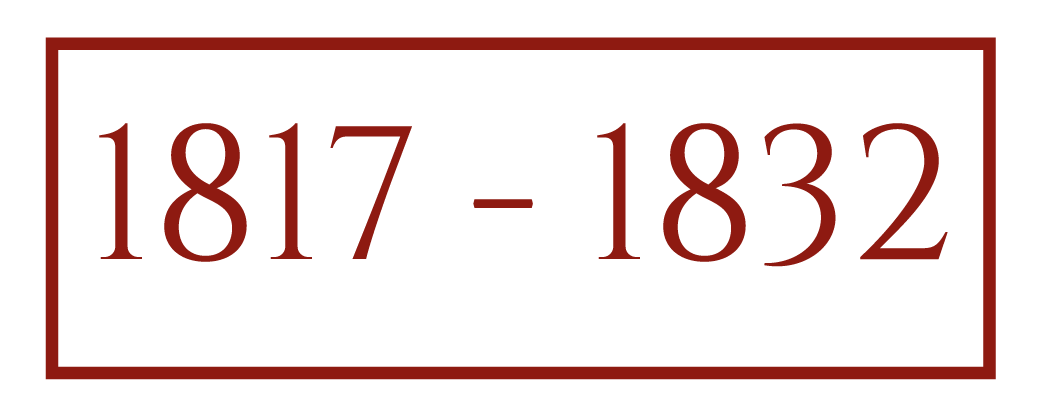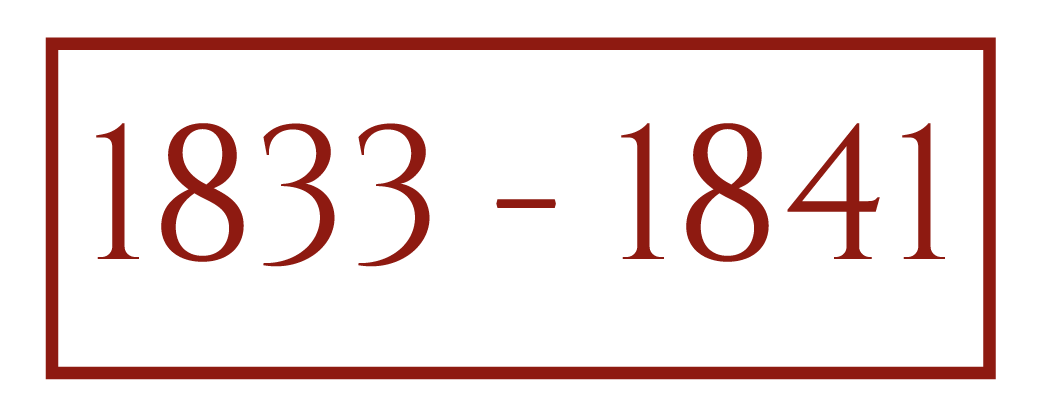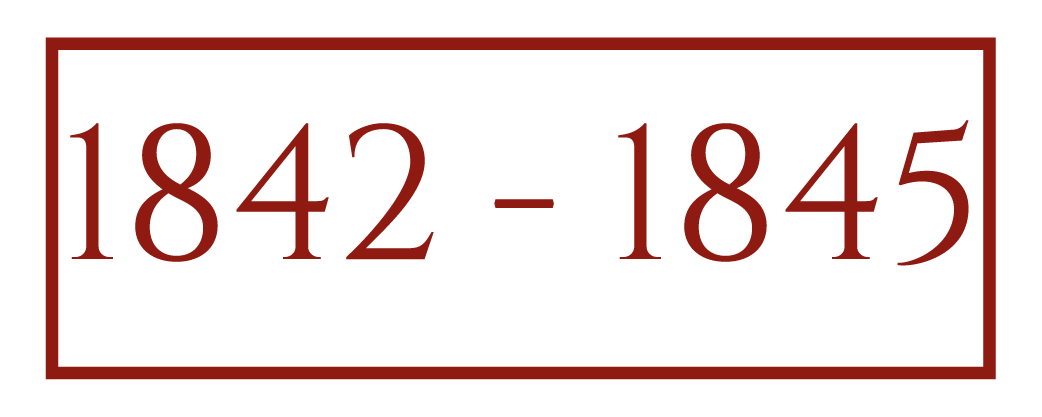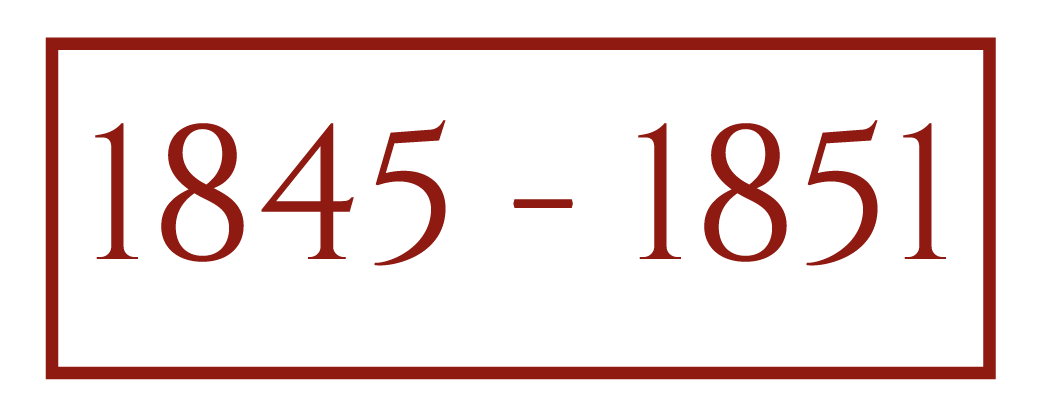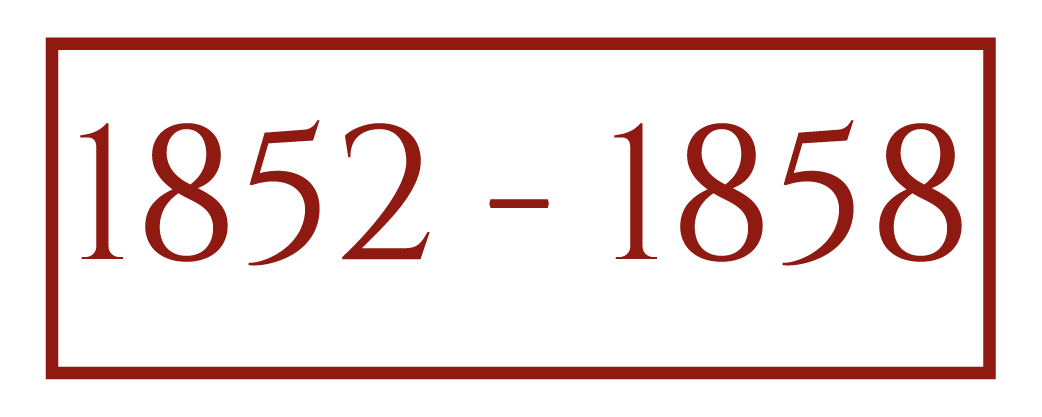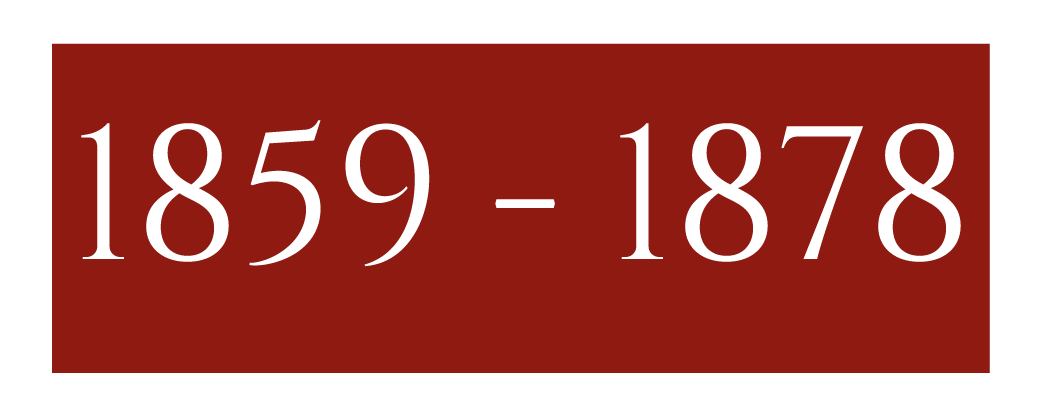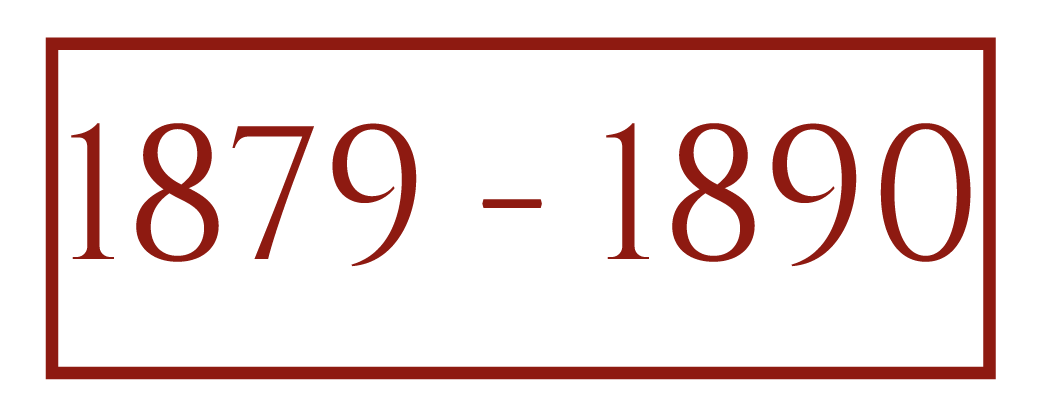1859 - 1878 | ‘I must give the true key to my whole life.’
The next two decades of Newman’s life brought him a series of new highs and new lows, with several controversies prompting him to write some of his best work.
The first of these controversies came when, as the editor of the Rambler, he was attacked by some fellow Churchmen for adopting an editorial stance seen as critical of Pope Pius IX, and for advocating that the faithful be consulted on the definition of dogmas. This led him to write a public essay on the issue clarifying himself, but because of this some bishops came to view him as problematic and one even reported him to Rome for heresy. For the next eight years, Newman was viewed with suspicion by many in Rome. Having been disowned by the Church of England for his conversion, to then be seen as suspect by the Catholic Church, the church he had sacrificed so much to join, brought Newman to a bitter place. He would write of this time, ‘as a Protestant, I felt my religion dreary, but not my life – but, a Catholic, my life dreary, not my religion.’ Autobiographical Writings, p. 254
However, another personal trial would become the catalyst for Newman's most personal work yet, his autobiography, ‘Apologia pro vita sua’ meaning ‘A Defence of my life’. In 1864 an Anglican clergyman and Cambridge Professor wrote of Newman that he had never honestly been an Anglican. Newman felt he had to address this criticism, but that he needed to approach the challenge in a new way. What he decided to do was drastic. He decided to write his entire life’s story. He felt that he had to, ‘give the true key to my whole life; I must show what I am, that it may been seen what I am not, and that the phantom may be extinguished … I wish to be known as a living man, and not as a scarecrow.’ Apologia pro vita sua, pp xxii-ii
For seven weeks, Newman worked himself to the point of exhaustion, writing at times for sixteen hours a day. The honesty and candidness of Newman's five hundred page work led even his critics to admire his integrity; its publication did much to restore his reputation in England, amongst Anglicans and Catholics alike. In subsequent years, Newman published further works, among them 'A Grammar of Assent', a deep philosophical exploration of how the human person reaches convictions.
With his reputation restored, when the First Vatican Council was called in 1868, many Bishops asked Newman to serve as their expert theological adviser at the Council. Although Newman was particularly interested in the topic of Papal Infallibility, which the Council was due to discuss, he turned down these invitations in order to complete 'The Grammar of Assent'.
In 1874, Newman felt drawn to respond to an attack made on Catholics by the Prime Minister William Gladstone. Gladstone, outraged by the Vatican Council's affirmation of papal infallibility asserted that, owing to their allegiance to the Pope, Catholics could never be loyal subjects to the Queen. Newman penned an open letter, responding to Gladstone's contention that Catholics have 'no mental freedom'. Newman wrote that Catholics 'do not deserve this injurious reproach that we are captives and slaves of the Pope.'. Not long after this, Newman would indeed find himself in a position of higher authority, as he was soon to be named a cardinal of the Church.


